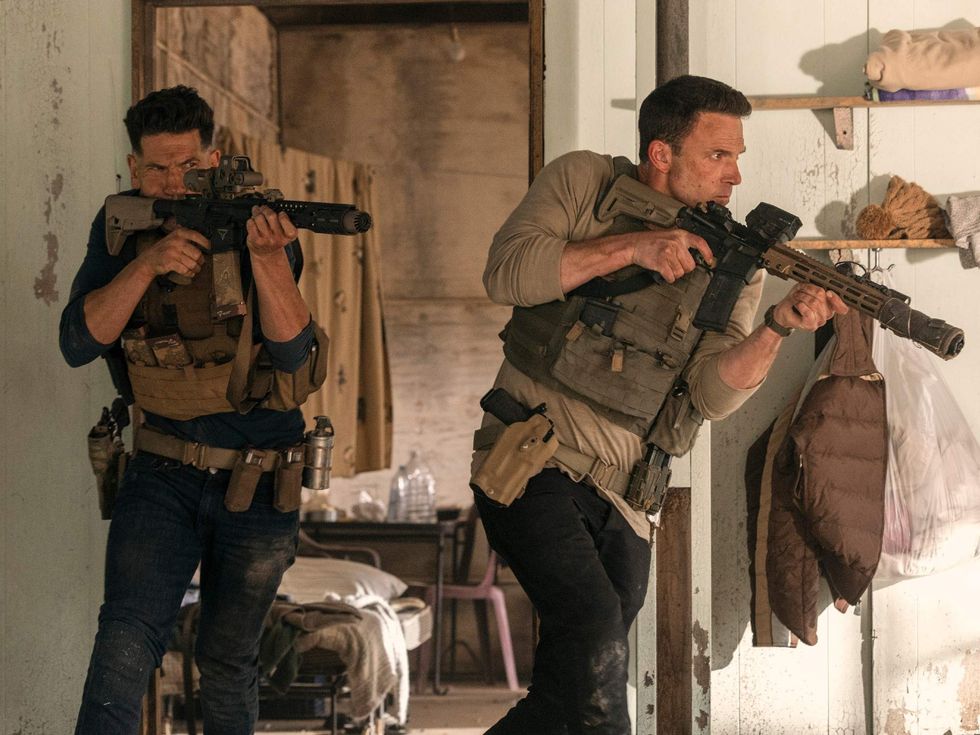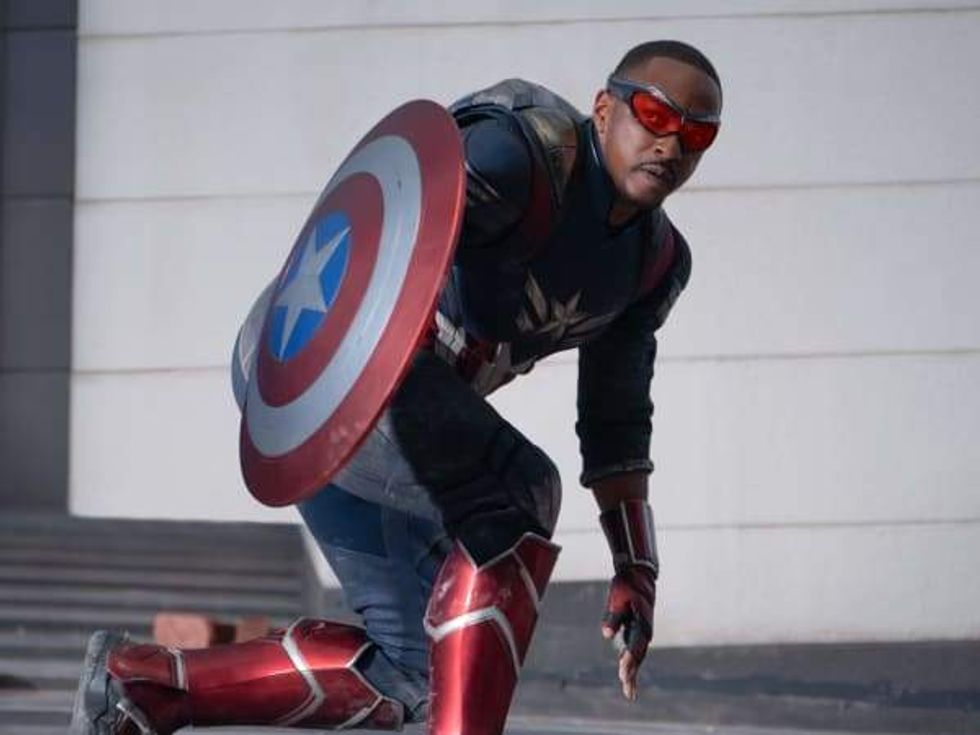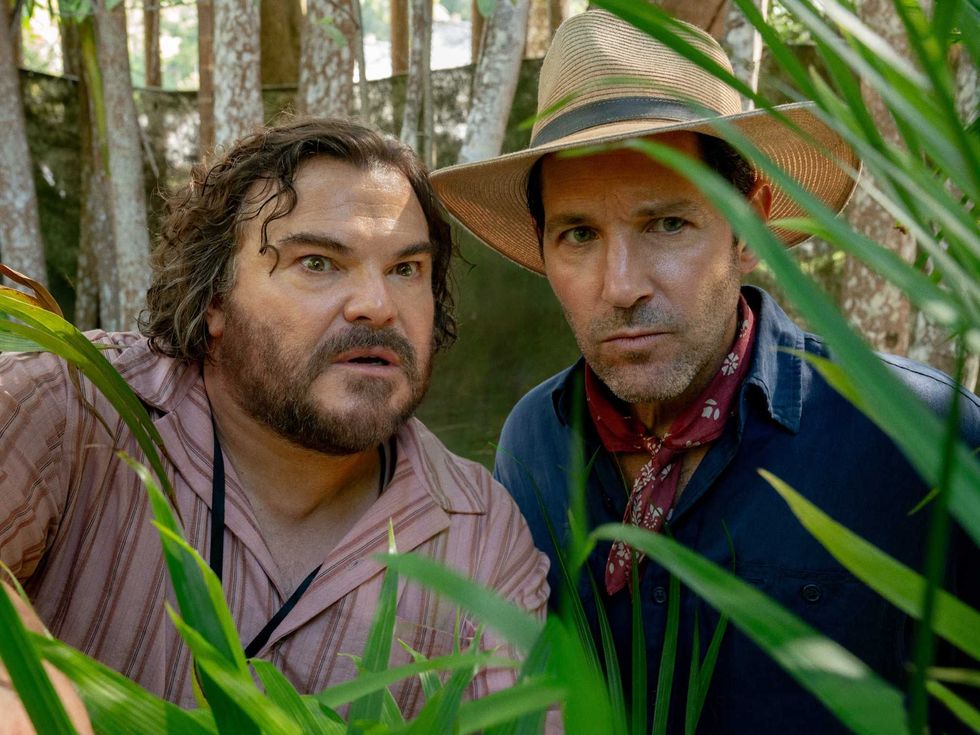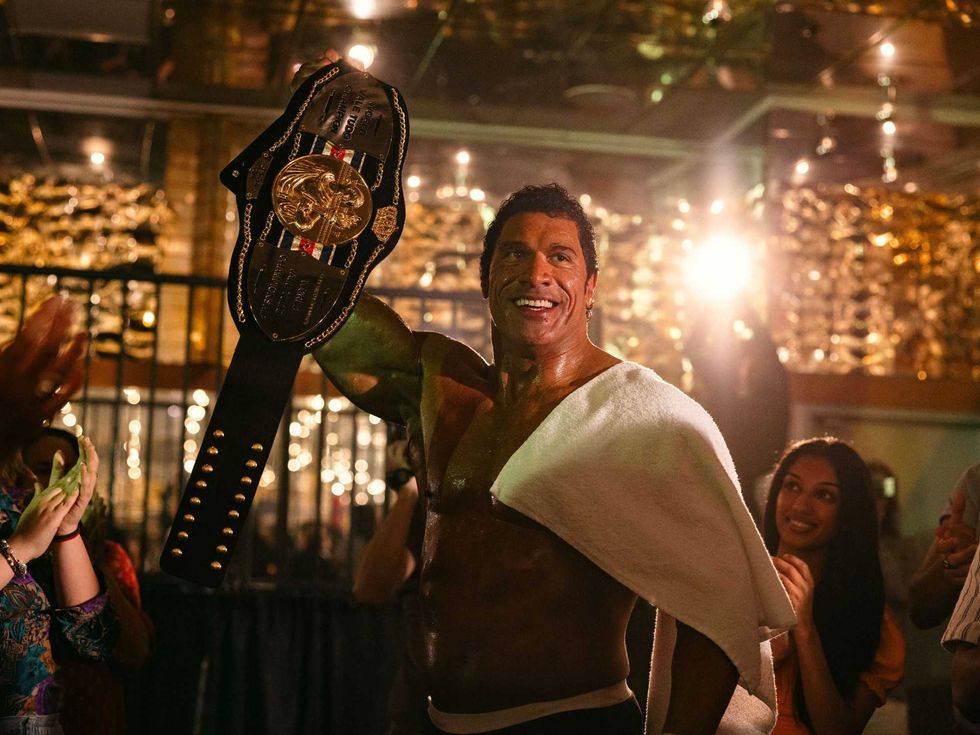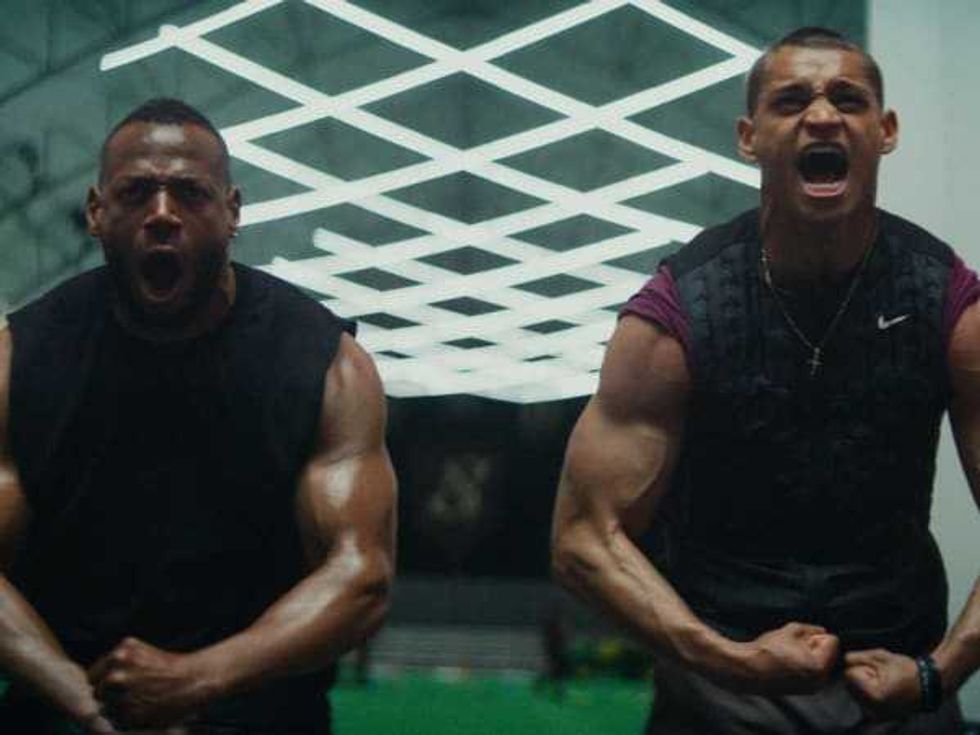Ballon Animal Danger
Stephen Colbert continues his Houston crush and it's all about hot gas and alocal TV anchor
Ever since his trip for astronaut training at NASA, Stephen Colbert just can't seem to quit Houston.
First he was citing Gina Gaston's report on KTRK about Houston-area cities like Tomball cancelling fireworks displays because of drought conditions. But it's not just local news in Houston that's captured the attention of The Colbert Report. Wednesday night, Colbert turned to KPRC anchor Owen Conflenti to deliver some bad news about ... helium?
Yes, helium. According to Conflenti, the U.S. Helium Reserve (we have one of those, I guess) has announced they will be out of helium by 2020. The reserve makes up half of the U.S.'s supply of the gas and a third of the global supply, and once it's gone, it's gone.
That's both hilarious (Colbert notes the demise of dirigibles and balloon animals) and potentially serious. As Cracked noted last year,
Actually, if you have benefited from a piece of technology more complex than a sharp rock tied to a stick, it was probably made with the help of helium. Helium has the lowest boiling point of all materials on Earth, which means it's cooler than a ninja Fonzie in sunglasses. Basically every high-tech industry imaginable has uses for helium, from chilling MRI magnets to producing fiber optics and LCD screens.
(Sidebar: Do not click that link unless you are prepared to build a bunker for when the world runs out of critical staples like water, chocolate and tequila.)
So I guess the end of helium is one way to tear yourself away from that Blackberry. But not being able to talk like a chipmunk? Now that's a tragedy.



